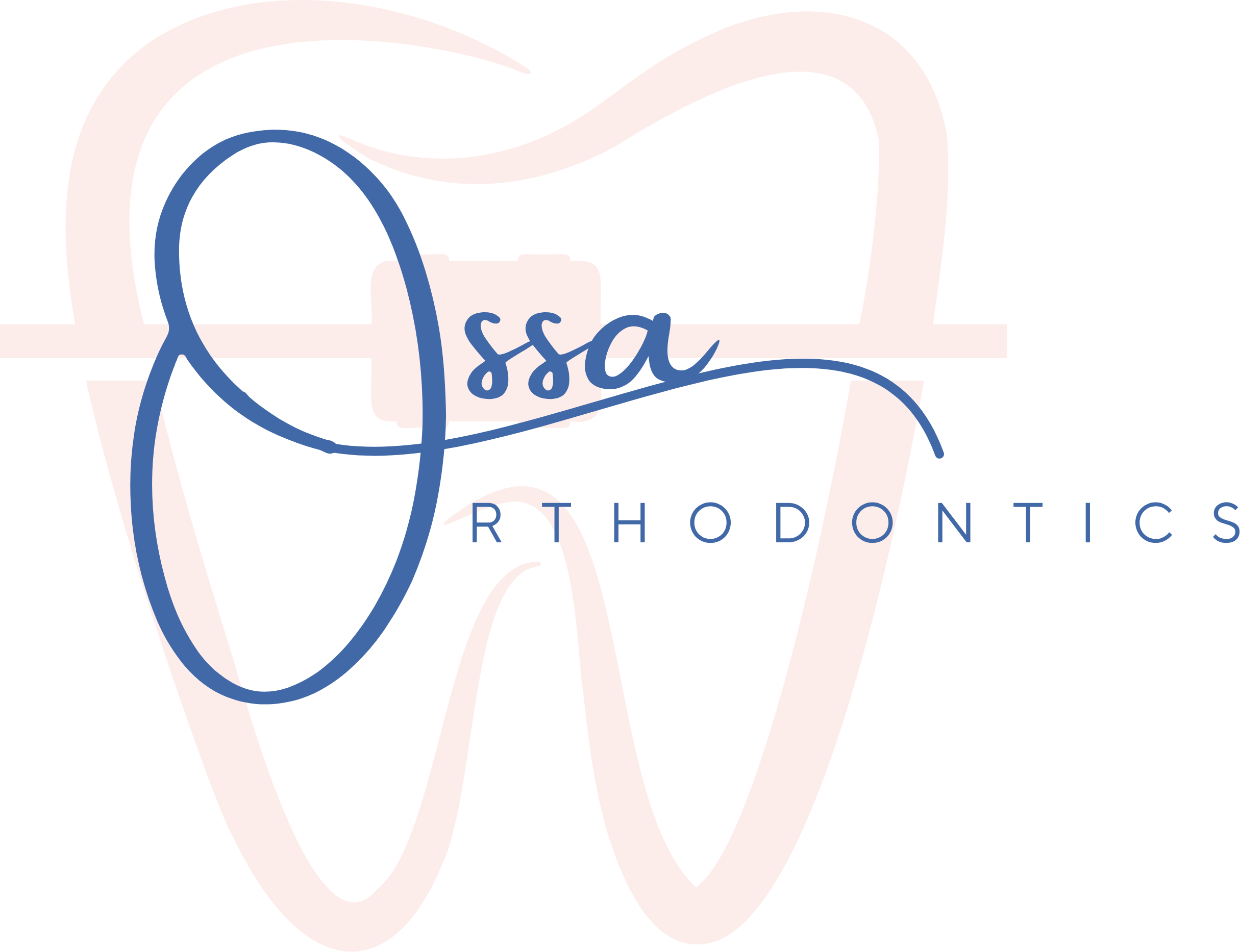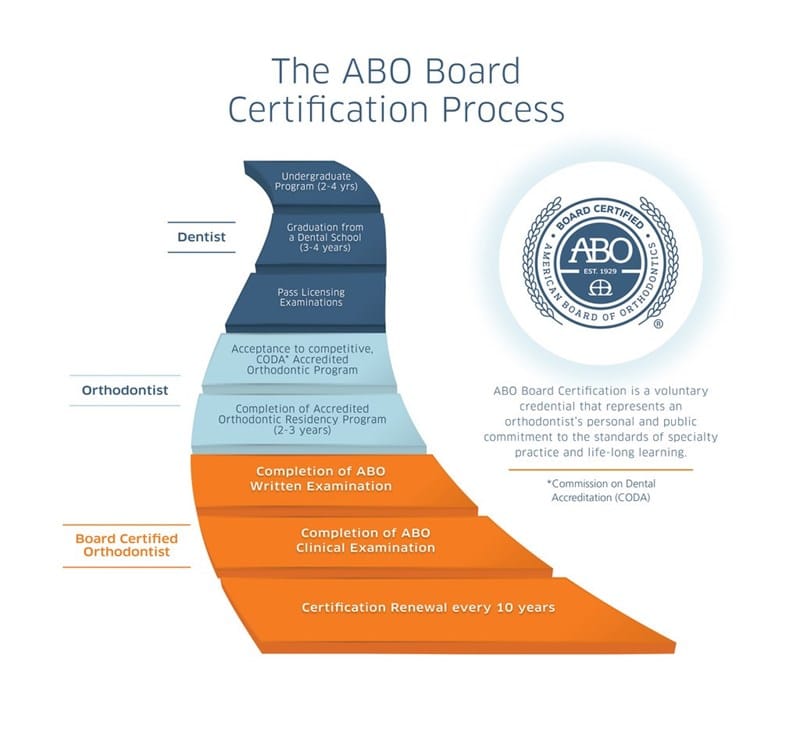Are All Orthodontists Board Certified?
Not all orthodontists are Board Certified. While every orthodontist must be licensed to practice, less than half choose to achieve Board Certification. This certification signifies an extra level of dedication and expertise beyond the required three years of specialized education.
Board Certification is a voluntary accomplishment and is not pursued by all orthodontists. It demonstrates a commitment to excellence in patient care and an ongoing pursuit of professional development.
The American Board of Orthodontics (ABO)
The American Board of Orthodontics (ABO) is the only certifying board in orthodontics recognized by the American Dental Association. Established in 1929, the ABO is the oldest specialty board in dentistry. Its mission is to enhance the quality of orthodontic care through rigorous certification, ongoing education, and professional collaboration.
Why Would an Orthodontist Pursue Voluntary Certification?
Achieving Board Certification reflects an orthodontist’s commitment to the highest standards in orthodontics. Pursuing this certification offers several benefits:
- Demonstrates Expertise: It shows that the orthodontist has extensive knowledge and skills in orthodontics.
- Commitment to Excellence: It represents a dedication to maintaining high standards of care and staying updated with the latest advancements.
- Professional Development: It highlights the orthodontist’s ongoing commitment to personal and professional growth.
- Enhanced Patient Trust: It helps build trust with patients by demonstrating a commitment to the highest level of care.
For many orthodontists, this certification represents a pinnacle of professional achievement and a pledge to deliver superior care consistently.
What Are the Steps in the ABO Certification Process?
Since its founding in 1929, the ABO certification process has evolved to meet the demands of the field. The current process includes:
- Written Examination: A comprehensive exam that assesses the examinee’s knowledge of basic sciences and clinical concepts based on criterion-referenced testing.
- Scenario-Based Clinical Examination:A exam designed to objectively evaluate an orthodontist’s knowledge, abilities and critical thinking skills to certify orthodontists based on proficiency and clinical excellence.
After passing these examinations, an orthodontist achieves Board Certification only for a limited period. To maintain this certification, they must renew it every 10 years by demonstrating continued excellence in patient care. This ongoing process underscores the orthodontist’s commitment to maintaining high standards in the field.


